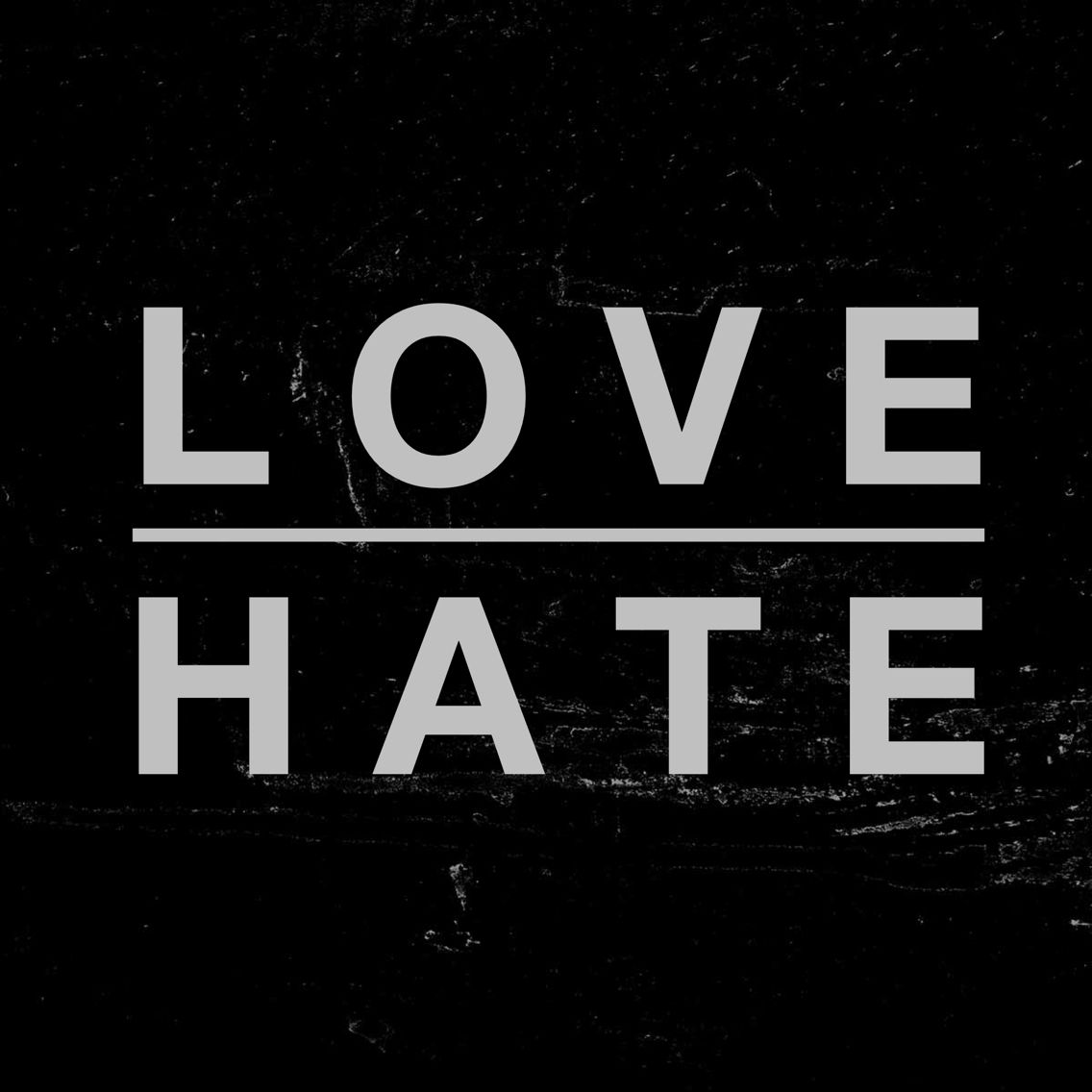
I have found that several of my major bank account providers have started to question me about various activities from cryptocurrency investments to general document identification and reidentifying who I am. Of course, these are all driven by regulatory requirements for compliance, KYC, AML and such like but, in the process, it has killed my trust in the bank itself. The more they question who I am and whether I can prove it after many years of being their customer, the more I question who they are and whether they can be trusted to deal with my money.
There is a fine balance here. Do we trust each other or don’t we? The more you question whether you can trust me, the more I question whether I can trust you. There’s a thin line between love and hate.
And this is the issue. The more you challenge me to prove who I am, and the more you threaten me with blocks on my account because I have not stepped up to the mark; the more I challenge you back and ask you what right you have to ask these questions and challenge who I am.
It’s a fine line.
The result is that the bank that is challenging me over my identity has forced me to open another bank account, surprisingly with a very successful challenger bank. In other words, the more you challenge me over my account, the more likely I will switch to a challenger to you.
Hmmmm.
The core of this however is the heavy-handed way in which banks interpret rules and regulations. Sure, if the FCA (Financial Conduct Authority) tells the bank that they must check every account for its purity, then they will, but why do this with an accountholder of many years? Oh, because they use Binance or Coinbase. WTAF?
Meantime, their system – the one that is challenging me to prove how I am – allows millions of people, businesses, companies and oligarchs to sneak through the cracks and move money around the world without oversight. Oh yes, it’s called money laundering. So it makes me wonder why the bank is challenging the little guy whilst letting the big guys get away with whatever they want, whenever they want, wherever they want.
No wonder people believe in the alternative, decentralised system to escape such ridiculous manoeuvres.
Now I sound a bit mad, but I am a bit mad. Mad, as in angry. Why should a bank, because of the regulator, interrogate me time and time again over my crypto assets when they don’t ask a billionaire boss of a suspect company about theirs?
So, here is the bottom-line. Banking, money, the financial system and government are built on mutual trust. The trust of the people in their system and the trust of the system in the people. You break that trust and the system breaks. I wonder right now whether the system can be trusted. The governmental system I mean. It feels that there could be far more trust in the system of the people than in the system of the government.
Shoot, I sound like Libertarian, but I get where they are coming from. The fact is that the globally networked system of the people is operating far better than the locally networked system of corrupt governments we see around the world.
Therefore, bringing it back to basics, the more the bank challenges me about how I am making money in the crypto world because the regulators are asking them to crack down on this space, the more I make money in the crypto world and work around and outside their system to avoid their interrogations.
Well, this would obviously be true if I believed in such investments, which I obviously don’t as it’s all just snake oil isn’t it?
Chris M Skinner
Chris Skinner is best known as an independent commentator on the financial markets through his blog, TheFinanser.com, as author of the bestselling book Digital Bank, and Chair of the European networking forum the Financial Services Club. He has been voted one of the most influential people in banking by The Financial Brand (as well as one of the best blogs), a FinTech Titan (Next Bank), one of the Fintech Leaders you need to follow (City AM, Deluxe and Jax Finance), as well as one of the Top 40 most influential people in financial technology by the Wall Street Journal's Financial News. To learn more click here...

